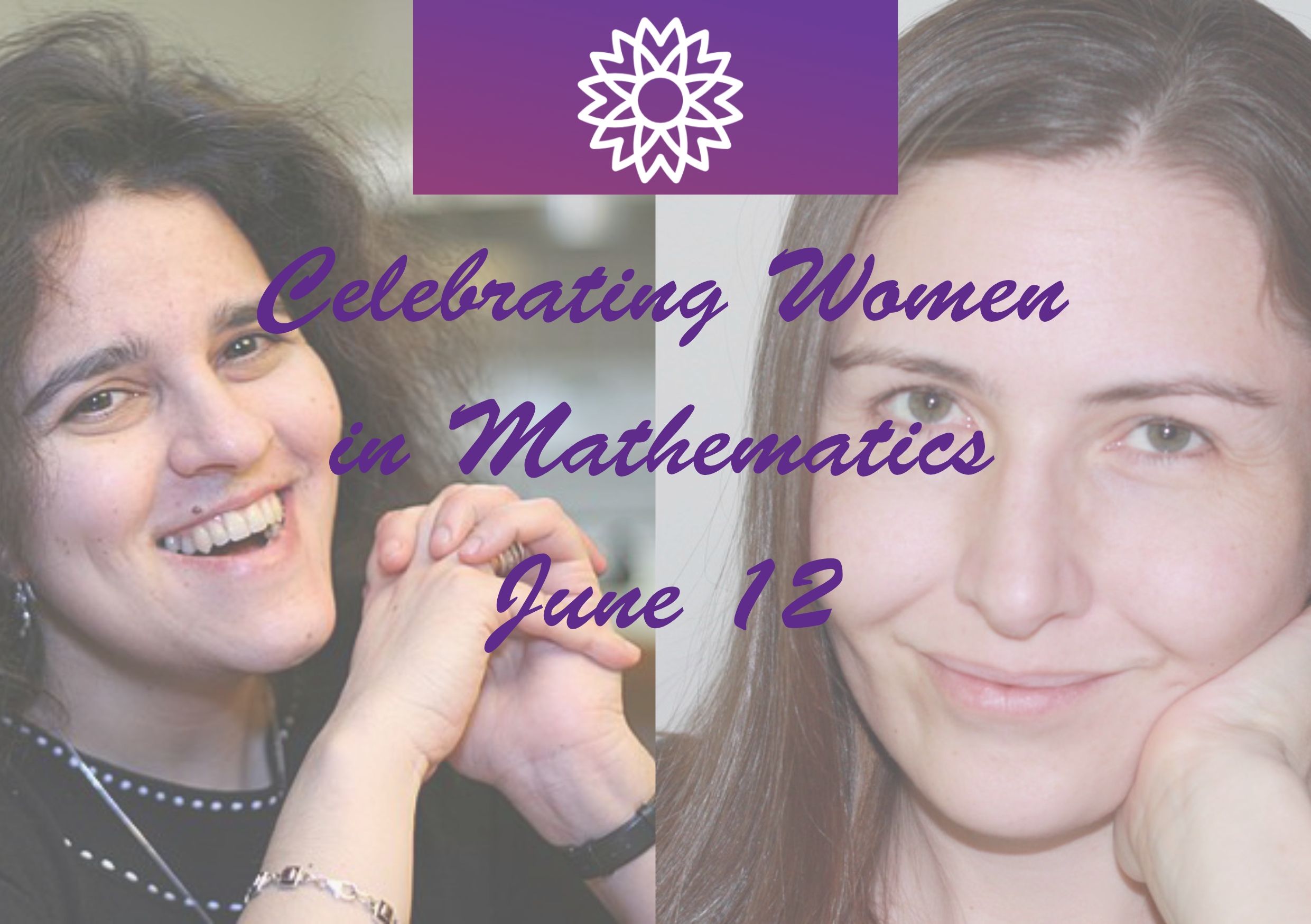Celebrating Women in MathematicsPublic Event
Eine vorherige Anmeldung ist erforderlich. / Registration is necessary.

Event website with registration
18:00
Random thoughts on Brownian motion
Maria Gordina
Abstract:
IBrownian motion was originally observed by Robert Brown who was examining pollen grains suspended in water under a microscope. This is an example of a random or stochastic process, which found many applications: from describing the random erratic movement of molecules in physics to modelling the behavior of financial markets. In 1905 Einstein made a detailed study of the Brownian motion in which he postulated certain properties (axioms) that should hold. In 1923 mathematical Brownian motion was born when a famous mathematician, Norbert Wiener, showed how to construct a random function W(t) describing the molecules position at time t which satisfied Einstein's axioms. We will talk about the fascinating history of the Brownian motion and its applications.
19:00
Invisible Cities: On ideas in number theory and analysis
Lillian Pierce
Abstract:
Often in mathematics, we set our sights on proving a particular theorem. If we are successful, we then present to our audience an array of methods we have assembled to get the better of the problem at hand. In this lecture, we will do something different: we will set our sights on a particular idea, and then follow it as it shape-shifts in the mathematical literature. Can we spot it in all its disguises over the course of a century? By studying its mutability can we better recognize its essential utility? This approach will send us on an unusual path, scuttling across decades of mathematics, and from analysis to number theory, and back again. We will explore how accidental encounters with papers spanning 90 years led to a new (or old?) theory, and a realization that “unrelated” well-known theorems share a very interesting structure deep under their surface. (People of all ages are welcome; familiarity with series and integrals will be helpful).
20:00
Panel discussion
moderated by Magdalena Balcerak Jackson
Stefan Hartmann